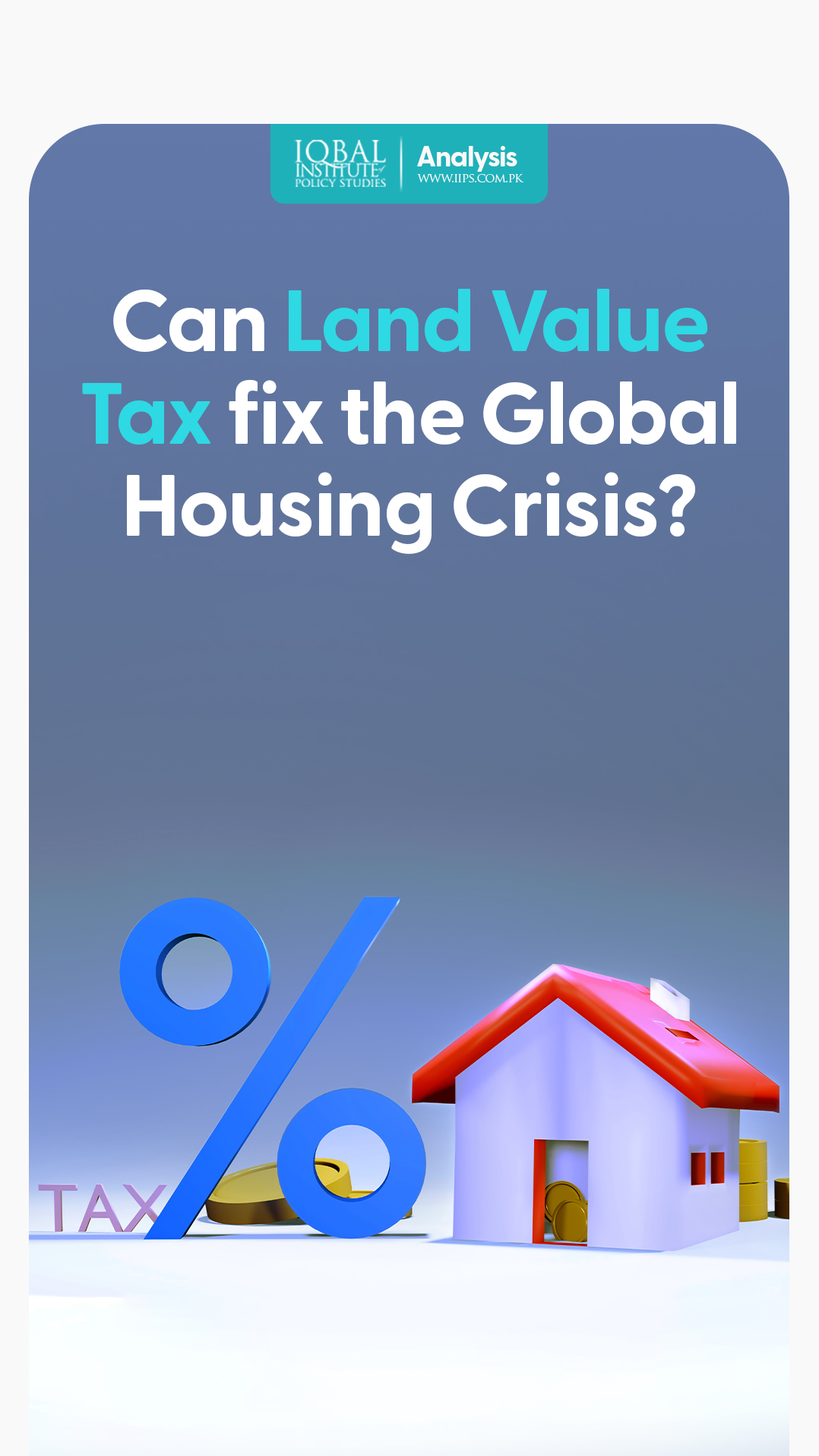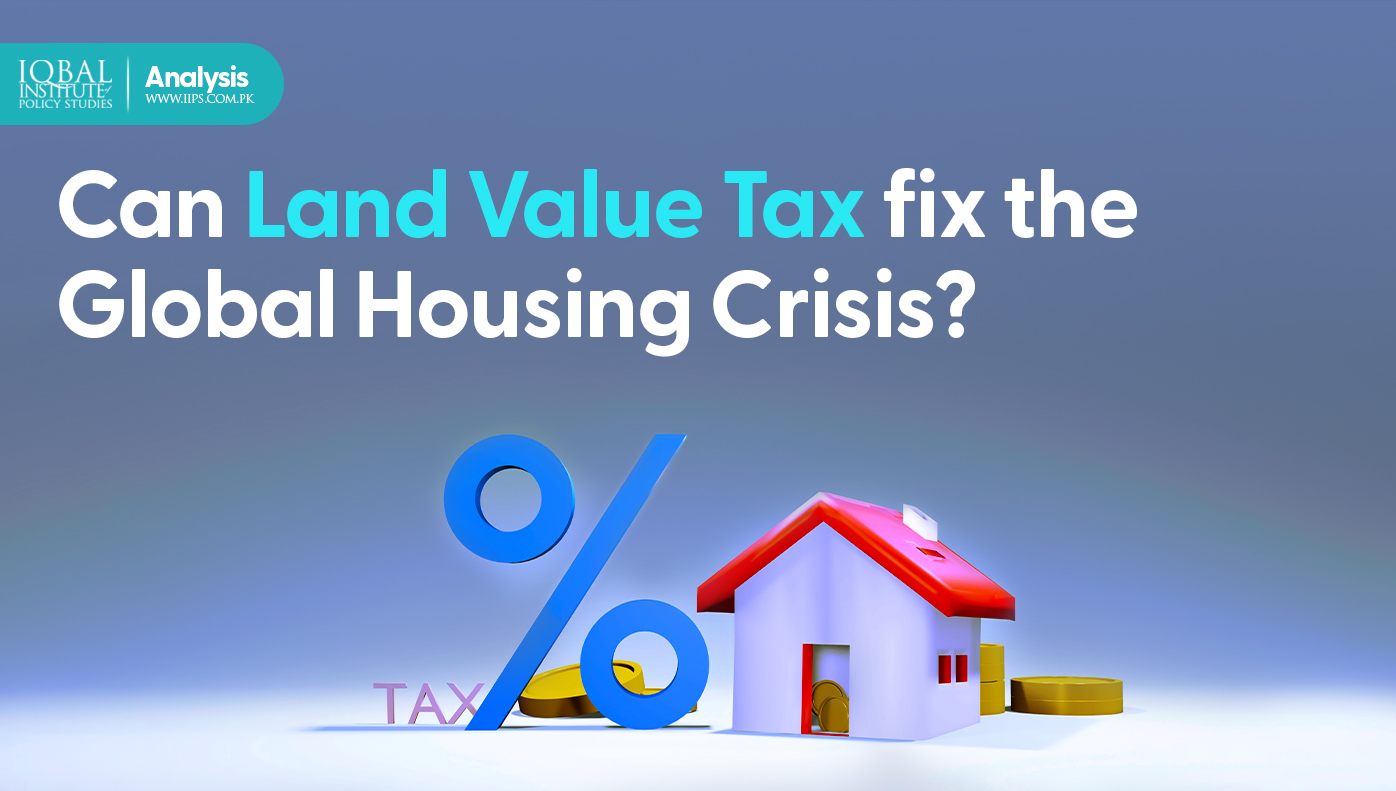A land value tax (LVT) is a process of assessing property taxes that only considers the value of the land itself and related improvements, not the structures built on the land. It is regarded as a more appropriate land taxation method for agricultural regions where the land is productive.
Land value tax is relatively more stable than taxes on buildings, which fluctuate in value with the ups and downs of property markets. People who own more land tend to pay more land value tax. This tax is generally based on the unimproved value of the land. It means the owner of a vacant plot of land will pay the same tax as a neighbouring owner with a block of apartments on their land. With these land taxes, owners who made improvements on their land will not be taxed more. This incentivises investment which increases the return on developments.
LVT is a fair way of paying for public services. It encourages new capital investments by utilising empty sites for development, creating job opportunities and wealth. Globally, LVT is considered a solution for the housing crisis as it brings unused and underused land suitable for residential development. More than 30 countries have adopted land value tax regimes that helped them revitalise their empty properties like Australia, New Zealand, Kenya, Taiwan, Singapore and Denmark.
Under the system of land value taxation, an owner of a single-family home can increase the property’s value by replacing the single-family home with a double-storey or triple-storey home while still paying the same taxes, reducing the average tax burden per unit. In this way, land value taxation can increase the housing supply and drive new development. In conclusion, Land Value Taxation helps a country meet many primary objectives like a healthy economy, social inclusion, equal opportunities, sustainability, and a fair society.



Leave a Reply